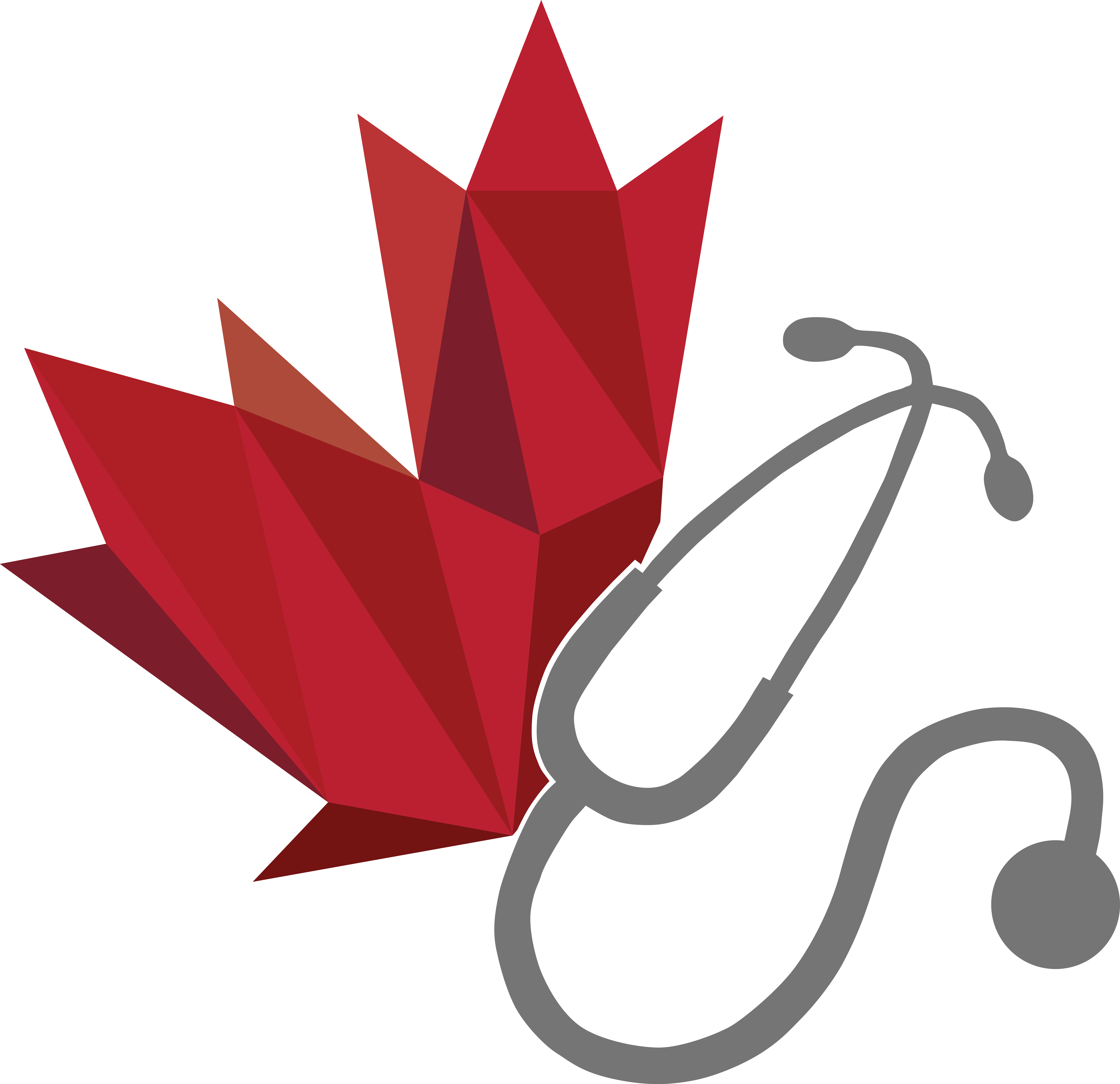CFMS SIGS 2020-2021
Breaking the Cycle - The BIPOC Women's Health Network
The BIPOC Women’s Health Network is a collective aimed at empowering women (trans & cis) who identify as BIPOC (Black, Indigenous, and People of Color) through improving healthcare access, advocating for patients, and empowering women to take control of their health. Our project this year, “Breaking the Cycle” conducted in partnership with our community collaborators, takes a three pronged approach to empower women from racialized and Indigenous communities: 1) Providing safe sex and contraception counselling through a culturally safe and sex positive lens, 2) promoting healthy pregnancies during the prenatal and postpartum period by improving accessibility to services & resources, and 3) creating a toolkit to support patients from different cultures experiencing gender-based violence. Given the disproprionate impacts of colonization, racism, and discrimination on BIPOC communities, factors such as intergenerational trauma, lack of access to support networks, and unequal healthcare access can contribute to perpetuating violence and inadequate sexual and reproductive healthcare. Pregnancies in these communities can be further affected by structural inequities, inadequate patient education, and financial constraints, which can all lead to adverse outcomes for the mother and baby. Our project is working with community partners to identify BIPOC women who require extra support and help bridge gaps in their care. This project is a step towards breaking the cycle of intergenerational maternal poverty resulting from the colonial legacy, and it will work towards improving healthcare mistrust in racialized & Indigenous communities by educating providers and revamping culturally-safe care.
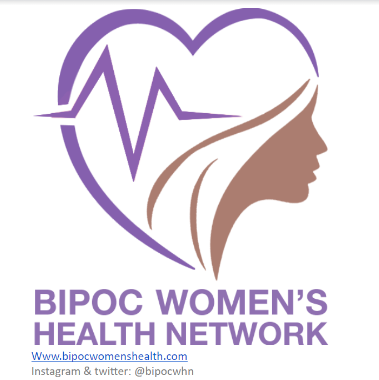
Indigenous Video-Based CPR Training Tool for Nuu-Chah-Nulth Rural Communities
In partnership with the Nuu-Chah-Nulth Tribal Council (NTC), the Heart and Stroke Foundation (H&S), the BC Emergency Medicine Network (BCEMN), academics, Indigenous researchers and community members, our proposal builds upon a need identified in an existing four-year Canadian Institute of Health Research (CIHR) funded research project entitled Kwiis-hen-niip - Change for emergency care services in rural and remote Indigenous communities in British Columbia. Kwiis-hen-niip aims to improve access to emergency services in four remote Nuu-Chah-Nulth communities on Vancouver Island: Kyuquot, Hesquiaht, Ahousaht and Tla-o-qui-aht.
As a part of Kwiis-hen-niip, Nuu-Chah-Nulth leaders and their community stakeholders identified a need to increase community readiness for cardiac arrest by enhancing Cardio-Pulimary Resuscitation (CPR) knowledge within their communities. An Indigenous CPR training tool that is video based and accessible through the internet was recommended. Currently, no video-based CPR training tools exist in Canada that feature Indigenous people providing CPR training specifically intended for Indigenous learners. Additionally, no CPR training videos exist that address the management of sudden cardiac arrest in remote Indigenous communities. Our project aims to change that.
Virtual Anatomy Nest
Virtual Anatomy Nest is a web-based, interactive learning platform that helps medical students understand anatomy through learning modules and practice exams. View and interact with three-dimensional virtual models of healthy and pathologic human specimens from any electronic device. Medical students, take learning into your own hands!
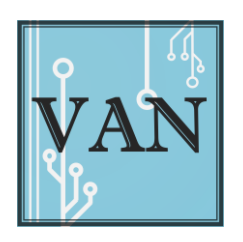
The Underrepresented in Medicine Project
The Underrepresented in Medicine Project aims to elevate premedical students in Ontario from underrepresented backgrounds to pursue a career in medicine, thereby advancing the future of medical education in Canada by ensuring diversity and equity in future medical student cohorts. This project will provide resources, videos, and advice to youth who aspire to attend Canadian medical school, taking an approach that recognizes the inherent challenges associated with being from underrepresented communities.
The Mental Health Crisis Initiative
SHINE’s Mental Health Crisis Initiative sponsored in part by the CFMS provided fully funded Mental Health First Aid Training to medical students at the University of Toronto. The goal of our initiative was to increase mental health competencies amongst medical students. Thus, this training allowed medical trainees to develop the competencies needed to recognize a mental health crisis, respond with empathy, and feel empowered doing so. By promoting mental-health oriented care and crisis awareness through this initiative, we built a stronger and more supportive community to endure the difficulties of the pandemic and the future.
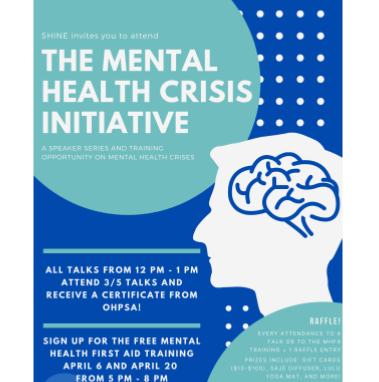
Healthcare Exploration Program
The Healthcare Exploration Program for equity seeking high school students in grade 9-12. Our program hopes to improve representation in Canadian healthcare professional programs. We recognize that there are BIPOC students, who tend to be members of society afflicted with a lower SES that face significant barriers when applying to healthcare professional school, putting them at a disadvantage. Diversity is extremely important because studies have shown that increasing the representation of marginalized people in medicine improves health outcomes.
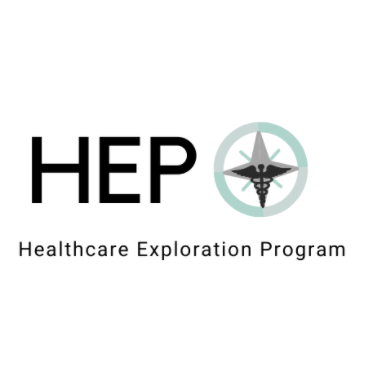
MacSim
MacSim is a novel initiative that delivers original simulated medical cases for junior medical students. These cases are representative of real-life clinical scenarios, integrating medical and social aspects of healthcare with a variety of pathways and consequences based on participants’ decisions. These cases are created by upper year medical students, and reviewed by resident and staff volunteers to help apply and expand on the knowledge and skills of pre-clerk students. An innovative EMR and vital signs simulator to reflect real-time changes based on treatment decisions has been developed in parallel with cases to enhance this virtual case-based learning opportunity
We feel that we provide a unique opportunity to directly practice medical decision-making, apply learned knowledge, and to receive feedback on to hone these skills in a standardized, real-time simulation of complex clinical cases.
We hope that you join us in future events!
INHANCE project (INterprofessional Healthcare ANd Community Engagement)
The INHANCE Project aims to promote interprofessional collaboration amongst medical students, other healthcare students and community partners to address a need in the community. Teams of diverse healthcare students will solve specific challenges/needs of a participating community partner and present their solutions. Winning teams are chosen by the community partner and will have the opportunity to implement their solution with the prize money that they will receive.
INHANCE presents an opportunity for medical students to participate as an active member of an interprofessional team, skills which they can utilize in actual practice in the hospital or community in the future. By presenting a problem and working towards a common goal, the INHANCE Project will foster communion between healthcare professions and help individual medical students connect with peers from other professional faculties.
Decolonizing engagement and anti-racism training for Calgary medical students
The Calgary Medical Students’ Association is centering anti-racism and anti-colonial practices in the work that we do. In partnership with Future Ancestors Services, we will be offering anti-racism training to the entire medical student body at the University of Calgary. Calgary medical students are working with Future Ancestors Services to bring anti-racism lenses to how we approach clinical practice and social accountability.
Substance Use, Addiction, and Harm Reduction Documentary
We believe strongly in the power of storytelling and recognize that it becomes much more challenging to turn a blind eye when there are faces and names attached to an issue rather than simply numbers and figures. We hope that through this documentary, we can promote awareness and advocacy on the topics of substance use, addiction, and harm reduction and provide future medical professionals with a deeper understanding of the experiences of patients we may encounter in practice.
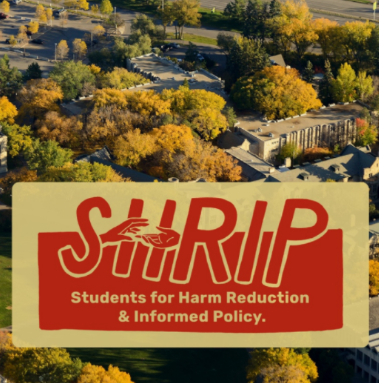
Book: COVID-19 Contextualized - An Interdisciplinary Collection of Interviews with Canadian Experts
COVID-19 has taken the world by storm. With increasing numbers of infected individuals and deaths largely due to respiratory failure, containing this phenomenon has become of vital importance to preserving human life – in Canada and the world over. With its proximity to the epicenter of the pandemic, Canada stands strategically to the events that have taken shape to its south. Considering the significance of the pandemic, and the interplay between the evolving crisis and its management, a thorough analysis is necessary to capture the essence of what has transpired and the lessons that ought to be learned from it.
Our proposed book would be the first of its kind that would be published with a major academic press, compiling a multi-dimensional collection of interviews with Canada’s leading experts on the COVID-19 pandemic. We have decided to interview some of the most eminent Canadian researchers and experts to bring a holistic perspective within a national context. This would document a defining moment in contemporary history and aid in preparation for future pandemics. Furthermore, given the fact that having our work peer-reviewed is a priority for us, we plan to invite a distinguished panel of experts, aside from the authors, to peer-review the interviews in their respective discipline, thereby cementing the rigour of the scholarship.
Structurally speaking, the proposed book consists of 14 chapters distilling insights from molecular biologists, infectious disease researchers, population health experts, healthcare professionals, policy and legal experts, historians, and psychologists. Therefore, academics, medical students and medical professionals with interest in the intersection of historical, scientific, and socio-medical forces that have defined the pandemic would find this work fruitful and comprehensive.

Greening Healthcare: Climate Wise Slides
The Calgary Climate Wise Project seeks to implement evidence based planetary health education into the undergraduate curriculum, educating medical students on both the relationship between the changing climate and our health to prepare our future physicians for practice and the impact healthcare has on environmental destruction and the choices we can make as future healthcare providers to green our practices.
Please email [email protected] if you have any questions or concerns.


